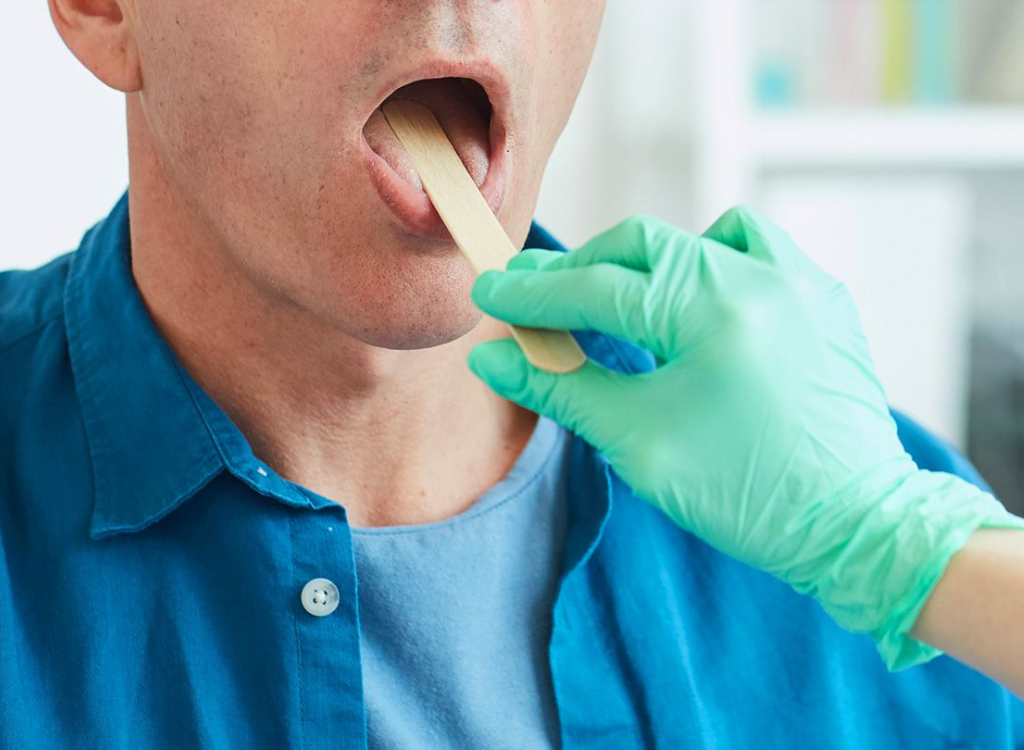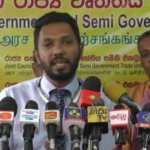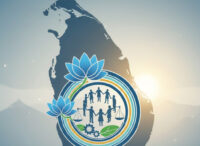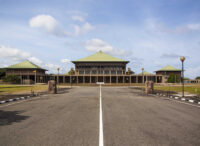Oral cancer continues to be the most prevalent cancer among men in Sri Lanka, with an alarming 2,000 to 3,000 new cases diagnosed annually, according to Dr. Ananda Rathnayake, Oral and Maxillofacial Surgeon from the Faculty of Dental Sciences at the University of Sri Jayewardenepura.
Speaking at a media briefing at the Health Promotion Bureau (HPB) on February 19, Dr. Rathnayake revealed the severity of the situation, noting that three to four individuals succumb to the disease every day in the country.
Dr. Rathnayake stressed that the early detection of oral cancer was possible due to visible symptoms in its early stages.
He emphasized that at least 90 percent of oral cancer cases could be prevented with timely intervention.
According to Dr. Rathnayake, the primary causes of oral cancer include tobacco and tobacco-related products, alcohol, areca nut (betel nut) and its derivatives, as well as certain viruses.
He highlighted that while the carcinogenic effects of tobacco and alcohol are well-known, many people are unaware that areca nut is also a carcinogen, with commercially prepared areca nut products posing even greater risks than traditional forms.
The surgeon raised concerns about the widespread use of betel nut products, particularly among schoolchildren, warning that this trend was contributing to the early onset of precancerous symptoms in younger populations.
Dr. Rathnayake also addressed the issue of facial injuries, which are increasingly prevalent, particularly among accident victims.
He noted that such injuries often lead to severe facial disfigurements, breathing difficulties, and in some cases, death.
Motorcyclists, in particular, were identified as the most vulnerable group due to frequent accidents involving three-wheelers and motorcycles.
The expert urged motorcyclists to wear proper safety helmets and follow traffic regulations to prevent accidents.
He also advised vehicle owners to ensure their vehicles, particularly the braking systems, are well-maintained to avoid collisions that could result in facial injuries.
The remarks came at a crucial time when health officials are working to raise awareness about both oral cancer prevention and the dangers of facial injuries resulting from accidents.











Leave a comment